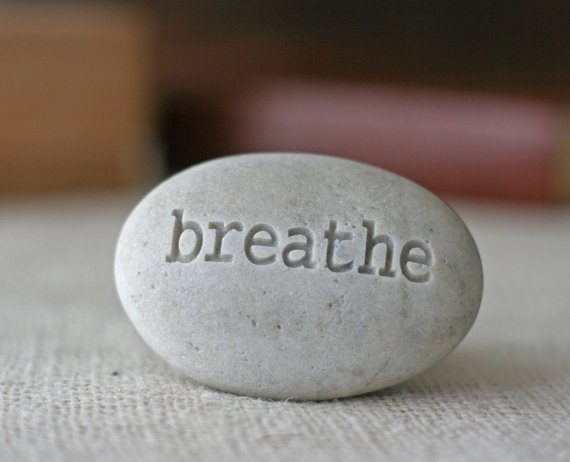Counselling can be a positive way of addressing unresolved issues and can be useful in helping people understand their problems better. It can give people a better understanding of the perspective and view-points of others and promote positive self-awareness.
Exploring the feelings and emotions which relate to personal experiences allows for each individual to reflect on what is happening around them or to them.
My core training was in the psychodynamic therapeutic model which (very briefly) places greater emphasis on the importance of the unconscious and past experiences and how they impact on each individuals present thinking and behaviour. However, I also studied Humanistic Counselling, NLP, CBT and clinical hypnotherapy, which places more emphasis on the therapeutic alliance as central and key to the client’s progress.
There are times when I draw techniques and theories from various approaches – when and where appropriate. This way of working could be referred to as being therapeutically eclectic and is based on the school of thought that the counselling benefits from being tailored to the client’s individual needs, rather than pressing the client to ‘fit’ into one fixed model or approach. However, there are plenty of times when I work purely from one theoretical model and this will be because it better suits the client’s processes.
